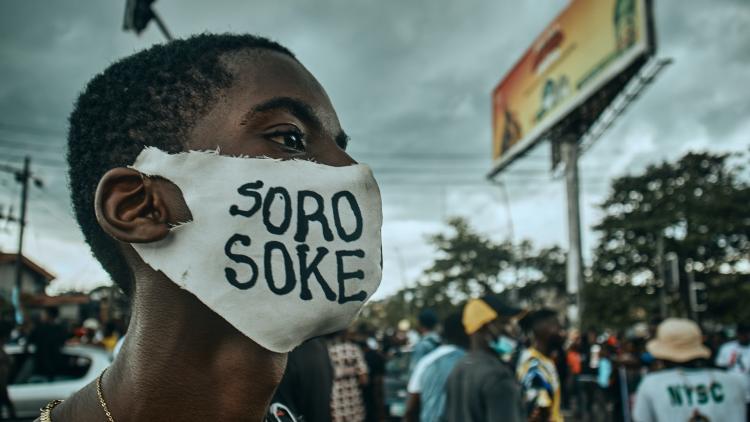Alternative Dispute Resolution I

Key information
- Start date
- End date
- Year of study
- Any
- Duration
- Term 2
- Module code
- 15PLAH083
- FHEQ Level
- 7
- Credits
- 15
- Department
- School of Law, Gender and Media
Module overview
The course approaches the development of alternative dispute resolution (ADR) - principally mediation - from both a practical and historical perspective and examines the processes of negotiation and mediation within the ADR spectrum. This first half-unit examines the professional practice of ADR from the point of view of the disputants and others whose interests may be affected by disputes. The course starts with an examination of the nature and processes of negotiation and builds on this to examine the way that third party facilitation changes these processes and the ways in which the style and form of mediation vary according to legal context.
This first (half) unit introduces students to the processes and principles of dispute resolution and civil justice reform including: debates surrounding informal justice and the role of courts; typologies of dispute process; negotiation; mediation; adjudication and its variant forms; hybrid forms; and the role of lawyers in dispute resolution. Practical mediation skills will be developed by way of role plays and simulations.
Workload
- Weekly 2-hour seminar
Scope and syllabus
- Introduction and historical background
- Theory of negotiation
- Game theory and role play and discussion
- Philosophy and psychology of mediation
- Community mediation
- Community mediation role play and discussion
- Civil mediation
- Civil mediation role play and discussion
- Family mediation
- Restorative justice
Method of assessment
- Commentary: 20% (1000 words)
- Essay/course journal: 80% (2500 words)
Suggested reading
Simon Roberts and Michael Palmer, Dispute Processes, ADR and the Primary Forms of Decision-making, (2005) 2nd Ed, Cambridge University Press,
Henry Brown and Arthur Marriott, ADR:Principles and Pratice, (2011) 3rd Edition, Sweet & Maxwell
Disclaimer
Important notice regarding changes to programmes and modules



